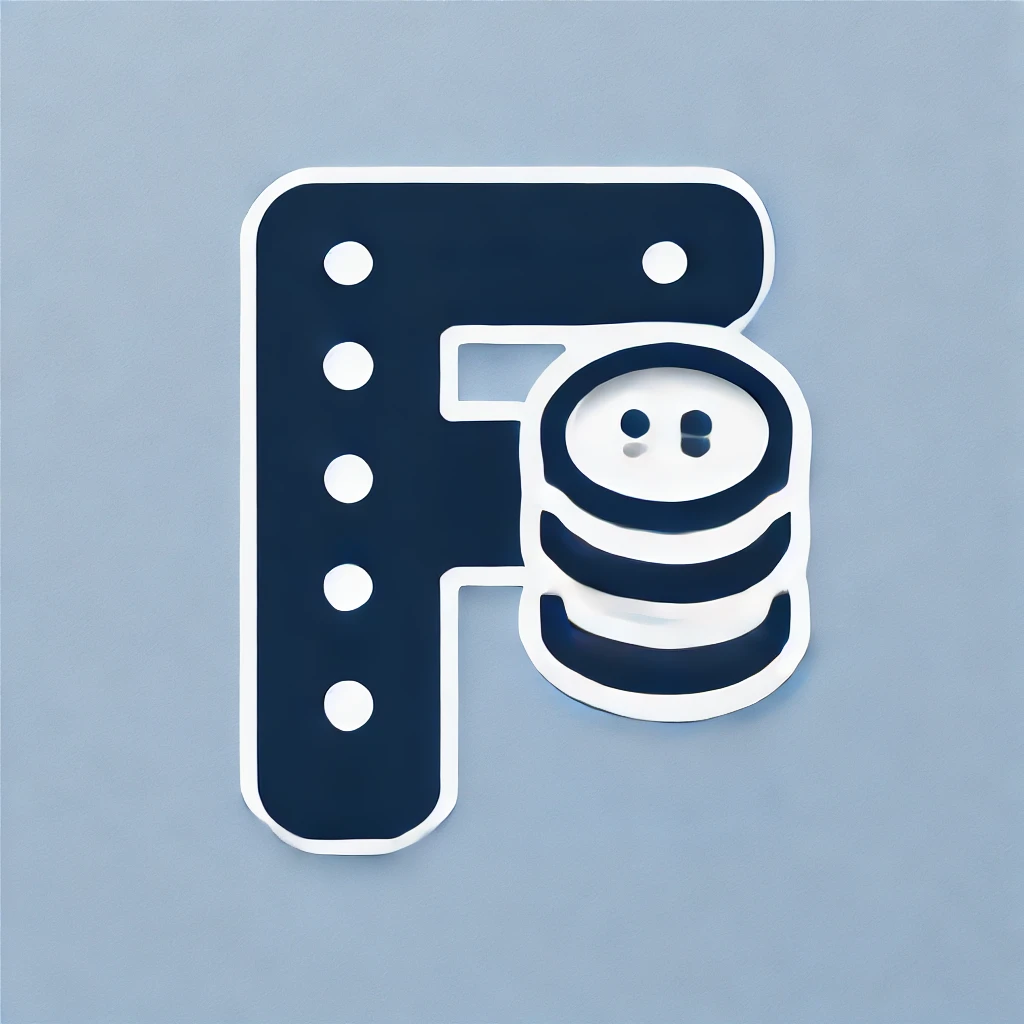Comparison with Other FRED Clients#
FedFred offers a modern, feature-rich alternative to existing Python clients for the St. Louis FRED® API. Below is a detailed comparison.
—
Feature Comparison Table#
Feature |
fedfred |
fredapi |
pyfredapi |
frb/fredbrain |
|---|---|---|---|---|
Async Support |
Yes |
No |
Partial |
No |
Caching |
Yes (FIFO Cache) |
No |
No |
No |
Rate Limiting |
Yes (120 req/min) |
No |
No |
No |
Object Models |
Yes (Typed Classes) |
No |
No |
No |
Maps API Support |
Yes |
No |
No |
No |
DataFrame Support |
Pandas, Polars, Dask |
Partial |
Partial |
No |
License |
AGPL |
MIT |
MIT |
Varies |
—
Key Differences Explained#
Why Async Support Matters
FedFred enables true concurrency when downloading large batches of FRED data, dramatically improving speed. Ideal for production pipelines, real-time apps, and bulk research.
Caching and Rate Limit Handling
No need to manually throttle API calls or install external caches. FedFred includes intelligent caching and built-in 120 requests/minute throttling.
Structured Objects vs Raw JSON
Rather than returning nested dictionaries, FedFred parses responses into typed Python classes like fedfred.objects.Series, ensuring autocompletion and static type checking.
GeoFRED and Regional Data Access
FedFred uniquely supports regional economic data (state, metro, county) directly into GeoDataFrame, perfect for mapping and GIS analysis.
Backend Flexibility
You can output to Pandas, Polars, Polars-ST, or Dask, depending on your workflow’s performance needs.
—
Summary#
FedFred is the most complete and future-proof choice if you are building:
Economic Dashboards
High-frequency Research Pipelines
Geographic Data Applications
Financial Forecasting Models
It combines modern Python practices (asyncio, typing, DataFrames) with the full breadth of FRED API capabilities.
➔ Check real-world examples in Example Use Cases. ➔ Explore client internals at FedFred API Overview.
—
